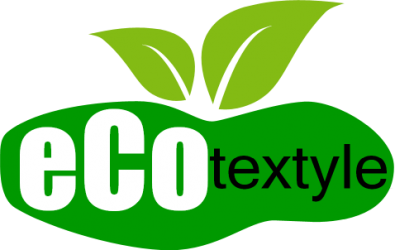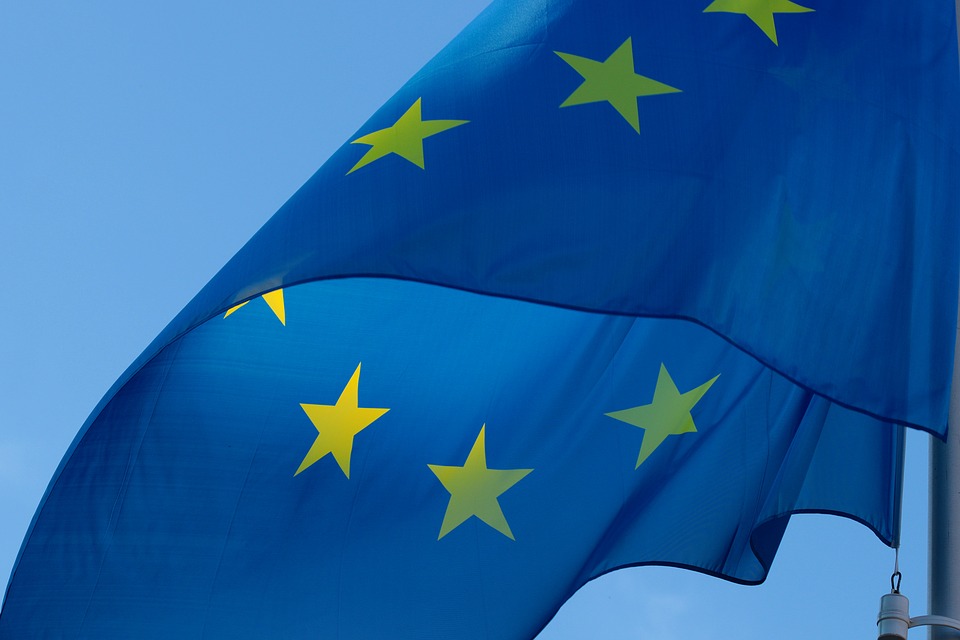Erasmus+ is the EU’s programme to support education, training, youth and sport in Europe. Its budget of €14.7 billion will provide opportunities for over 4 million Europeans to study, train, gain experience, and volunteer abroad.
Set to last until 2020, Erasmus+ doesn’t just have opportunities for students. Merging seven prior programmes, it has opportunities for a wide variety of individuals and organisations.
Erasmus+ is open to many individuals and organisations, although eligibility varies from one action to another and from one country to another. Individuals can take part in many of the opportunities funded by Erasmus+, although most will have to do so through an organisation taking part in the programme. The eligibility of individuals and organisations depends on the country in which they are based. Eligible countries are divided into two groups, Programme countries and Partners countries. Although Programme countries are eligible for all actions of Erasmus+, Partner countries can only take part in some, and are subject to specific conditions. More information on eligibility is available on the pages for specific opportunities (both for individuals and organisations), as well as the Programme Guide.
«Ecotextyle» is created with the support of the Key Action 2 of this programme for Vocational Education and Training (VET) aiming to support innovative practices and joint initiatives to promote cooperation, peer learning, and exchanges of experiences.
This action allows the creation of Strategic Partnerships to provide opportunities for a wide variety of public, private, and non-governmental organisations to implement a broad range of activities including, for example:
- Strengthening cooperation and networking between organisations;
- Promoting the development, testing, and implementation of innovative practices;
- Promoting the recognition and validation of knowledge, skills, and competences;
- Promoting cooperation between regional authorities to develop new systems for education, training, and youth;
- Supporting learners with disabilities and special needs and ease their transition to the labour market;
- Supporting education and training professionals to promote equity, diversity, and inclusion in learning;
- Promoting integration of newly arrived migrants and raising awareness about the refugee crisis in Europe;
- Promoting entrepreneurship and active citizenship among young people;
- Strategic Partnerships can be of different sizes and conduct different activities depending on the objective of the project, the organisations involved, the expected impact, and other elements.
Within these projects there are also opportunities for pupils, students, learners, and staff to learn, be trained, or to teach abroad, insofar as these transnational teaching, training and learning activities contribute to the achievement of the project’s objectives. Get to know more about this action on the programme official website.


